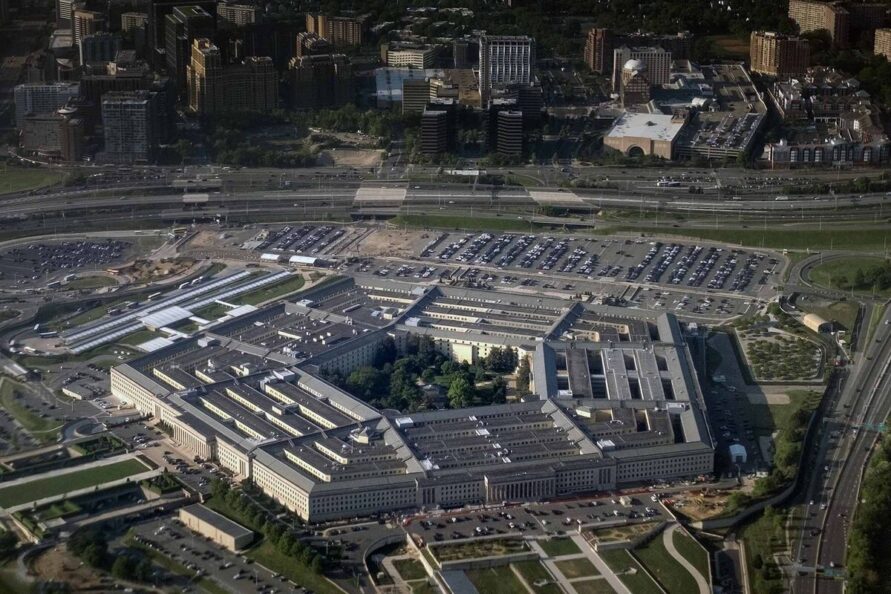Private Security and Political Connections: A Look at Trump’s Pentagon Pick
A recent revelation about President-elect Donald Trump’s choice for the second-in-command at the Pentagon, Steve Feinberg, highlights intriguing ties between military contractors and private security firms. Not only is Feinberg the co-founder of Cerberus Capital Management, a major investment firm, but he previously trained with a Marine sniper from Blackwater, a controversial private security contractor that has been synonymous with the U.S. military operations in Iraq.
Training with Snipers Amid Controversy
On an early morning at the Great Dismal Swamp training facility in North Carolina, Feinberg engaged in marksmanship training with Staff Sergeant Steve Reichert, a veteran sniper known for one of the longest recorded kills at 1,765 yards. This session underscores Feinberg’s apparent enthusiasm for precision shooting and military tactics but also raises questions about the implications of such connections as he prepares to take on a significant role in the Defense Department.
Feinberg’s session with a former Blackwater sniper is particularly noteworthy given Blackwater’s controversial reputation during the Iraq War. The contractor faced significant criticism for its operations, particularly after a 2007 incident in which Blackwater guards killed 14 unarmed Iraqi civilians in Nisour Square, an event that intensified scrutiny on private military companies and their role in U.S. foreign engagements.
Financial Ties and Influence
As a billionaire financier, Feinberg represents a blending of financial acumen and military interest. His involvement with Cerberus, known for its acquisition of various defense and security firms, places him at the intersection of finance and military contracts. Critics argue that such appointments may lead to conflicts of interest where financial motivations could overshadow national security priorities.
In light of these connections, Feinberg’s anticipated influence on defense policy can be a double-edged sword. Supporters may argue that his extensive experience in the private sector can bring innovation and efficiency to the Pentagon. However, opponents are concerned that it may foster an environment where military engagements could favor privatization over traditional public service, potentially affecting troop levels and military ethics.
Potential Impact and Future Developments
Feinberg’s selection is being watched closely as it may set a precedent for how private interests are integrated into government operations, especially within the military structure. His training with a sniper from a notably contentious private security background raises uncomfortable questions about the evolving relationship between the military and privatized security contractors.
If confirmed, Feinberg’s approach to defense strategy could reshape military operations and budgeting. The implications of such a shift may be felt not just in policy but also in the moral fabric of U.S. military engagement abroad.
Conclusion
The intertwining of finances, private contractors, and military operations illustrates a complex narrative of modern governance. The public’s trust in military leadership, whether it be through partisan governance or the influence of private sector success, remains precarious. The ongoing discourse surrounding Feinberg’s role may prompt broader discussions regarding the wisdom of blending private sector motivations with public military responsibilities. Observers will be keen to see how this dynamic unfolds, potentially impacting the structure and ethics of U.S. defense policy in the years to come.









